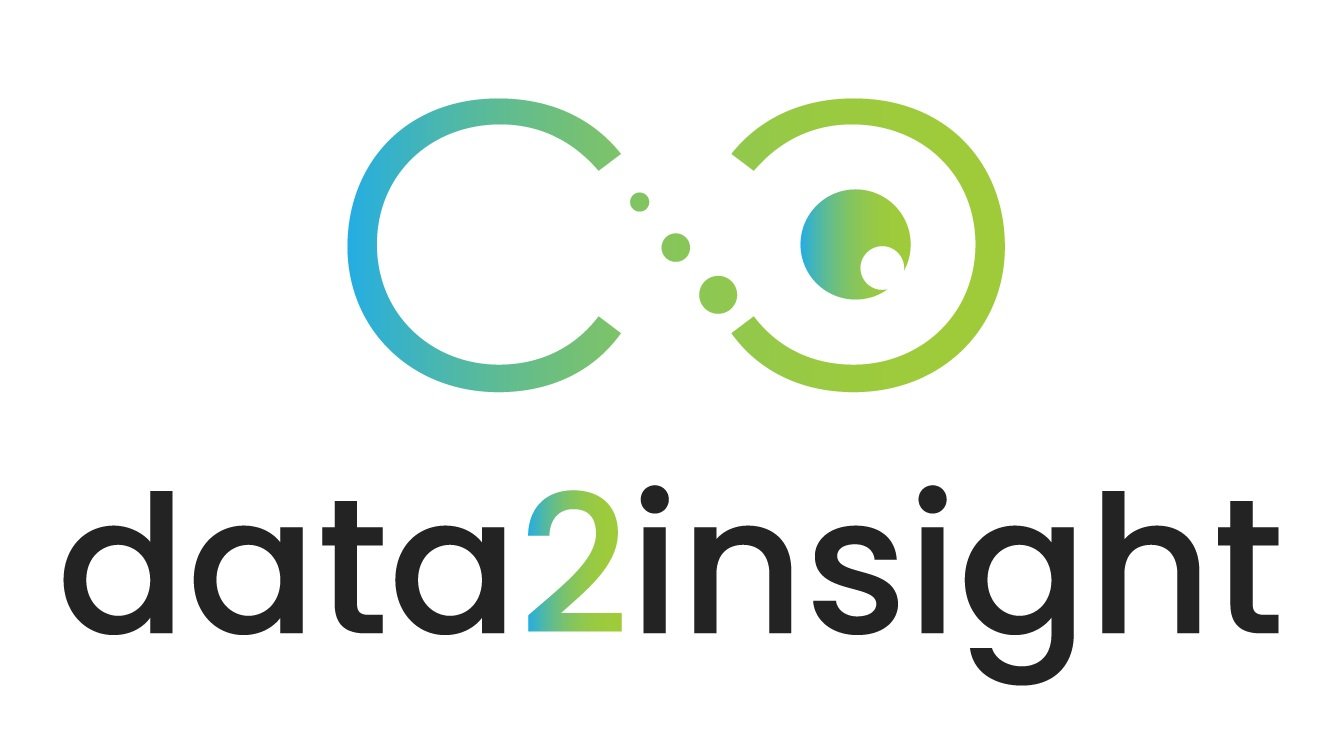Focusing Sessions: Stakeholder Engagement and Evaluation Design Method
Data2insight founder Veronica Smith and strategic partner Antonella Guidoccio presented at the 2018 European Evaluation Society conference in Thessaloniki, Greece. We provide here information and resources to download from their round table sessions.
When working with diverse communities, allowing time for stakeholder engagement is foundational to knowledge co-creation. A focusing session is a best practice that comes from theory-driven evaluation that contributes to better informed evaluation questions, which leads to more robust evaluation design, and findings that stakeholders value and use to inform decision making and action. It provides stakeholders with the opportunity to share with evaluators their goals, community and cultural context, understanding of their program, and desired impact. It also results in common understanding, and explicit, testable program theory, specific evaluation questions, and a framework for data collection and analysis. In this session, participants will walk through the focusing session steps including program theory validation. They will leave with a basic understanding of how a focusing session works, as well as a list of tools and resources they can apply in their own evaluation practice to engage stakeholders and increase use of evaluation findings.
Focusing session material:
Program map examples:
Meaningful M&E systems through evidence-based leadership and evolutionary purpose
In this age of increasing complexity, rapid change, and demand for greater transparency and accountability from leaders the most successful teams of the future will excel at practical performance measurement and self-management. We are eager to share two frameworks with participants so they can use them to transform their mindset and practices, clarify and measure their organization’s mission, vision, and purpose, and use credible, actionable evidence to continually improve.
Objectives: One of the biggest challenges of putting in place a successful measurement and evaluation (M&E) system is designing and defining meaningful measures that people use to improve program and team performance. This special activity shares concepts and tools to help evaluators and stakeholders:
to assess where their organizations are now in terms of producing and using meaningful evidence for improving performance; and
define the actions and changes needed to create learning organizations where teams are continually improving and achieving the results they truly desire.
Participants will leave with resources about, and a better understanding of: evidence based leadership, self organization and self management as well as how they can use these tools to become high performing teams.
It is common to see leaders and M&E units making the mistake of introducing practices (e.g. annual planning, KPI formulation processes, monthly reporting, and technological tools like performance dashboard) that soon are perceived as useless or complicated routines that do not provide useful performance measurement. Specifically, we have seen problems like teams and leaders who are unclear about their purpose, priorities and the results they want to achieve. Or leaders receiving misleading evidence and no actionable recommendations from KPIs. These problems often result in teams not using the data received through monitoring systems or not sharing data adequately. What a waste of time and money!
Rationale: How to get out of this trap? We draw from our team’s experience leveraging Performance Specialist Stacey Barr’s six habits of evidence based leaders and Frederic Laloux’s concepts in his book “Reinventing organizations” to show participants how to develop and implement measurement and monitoring systems that provide timely, relevant, credible, and actionable evidence that stakeholders use to continually improve.
